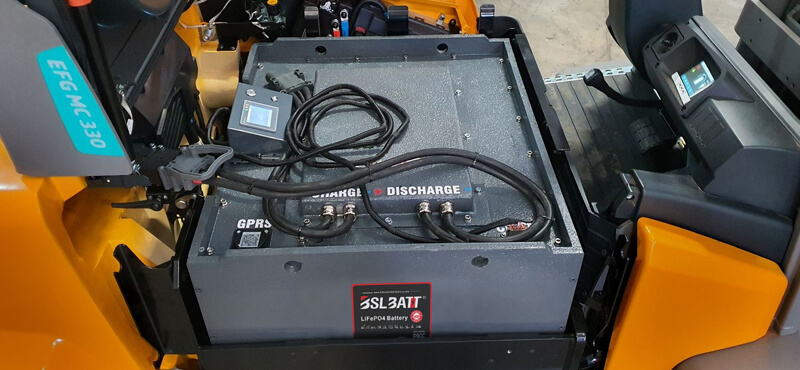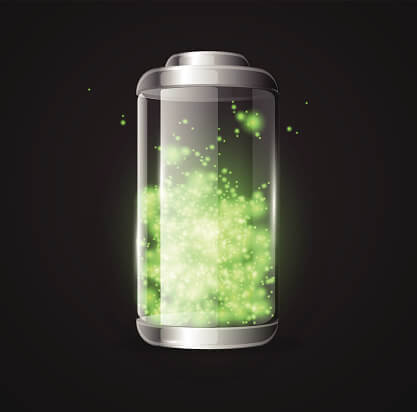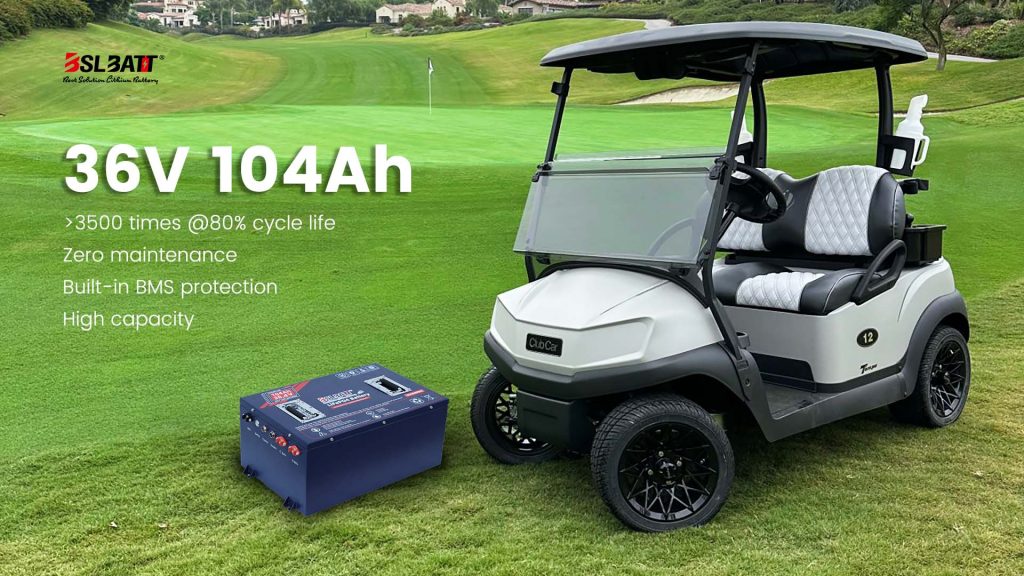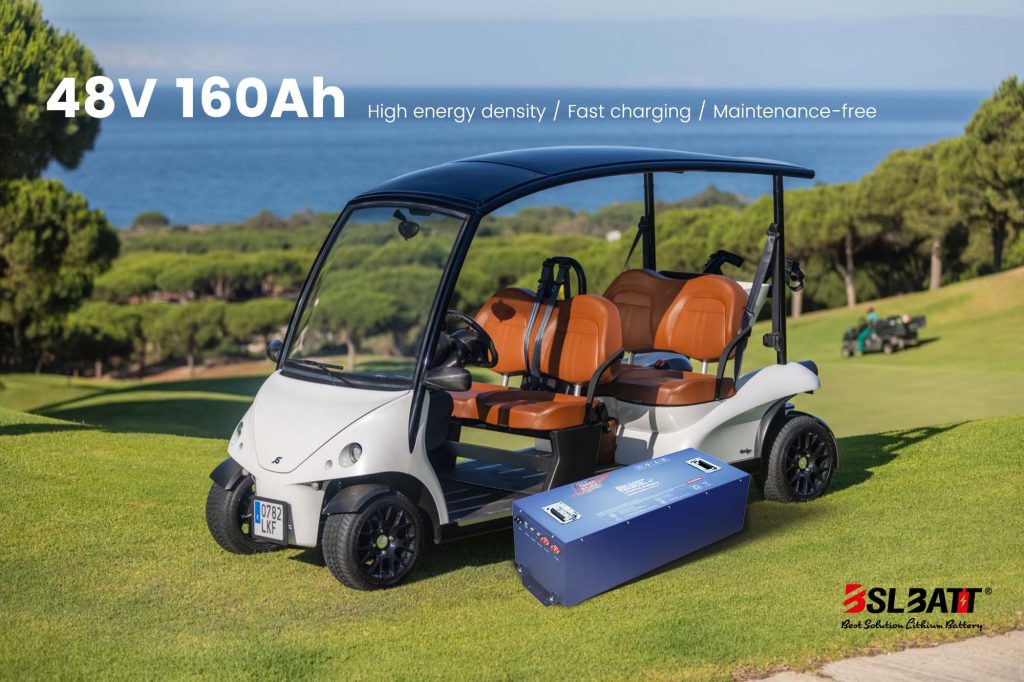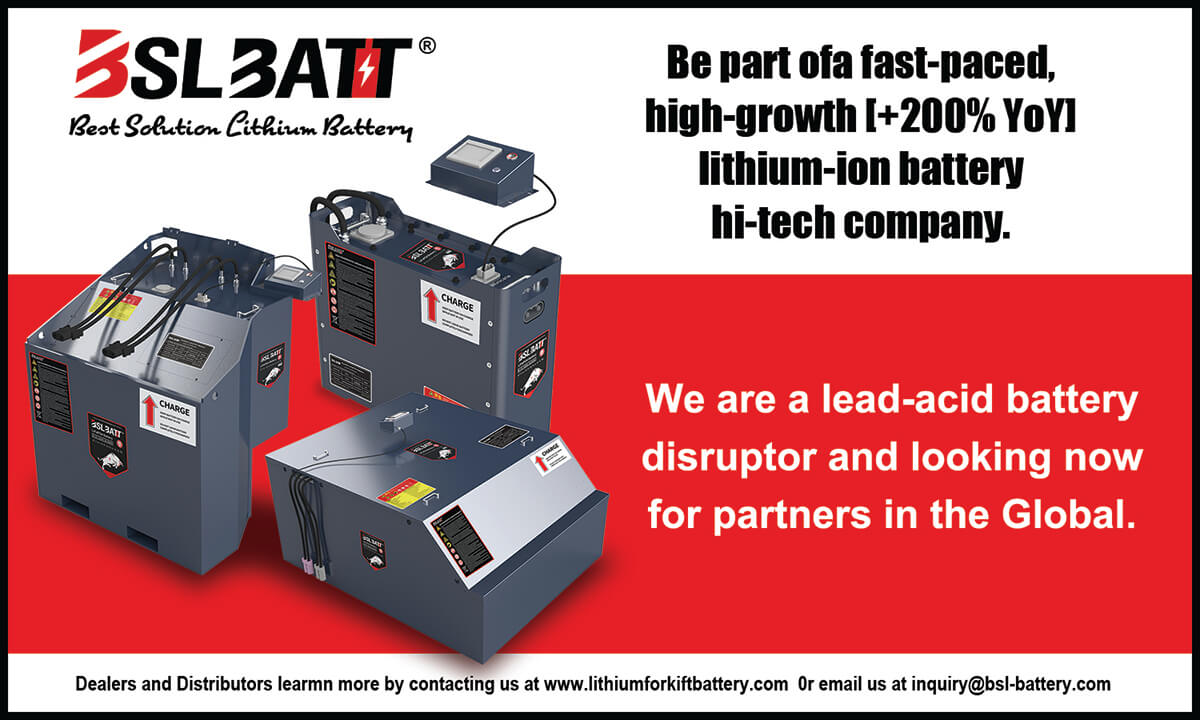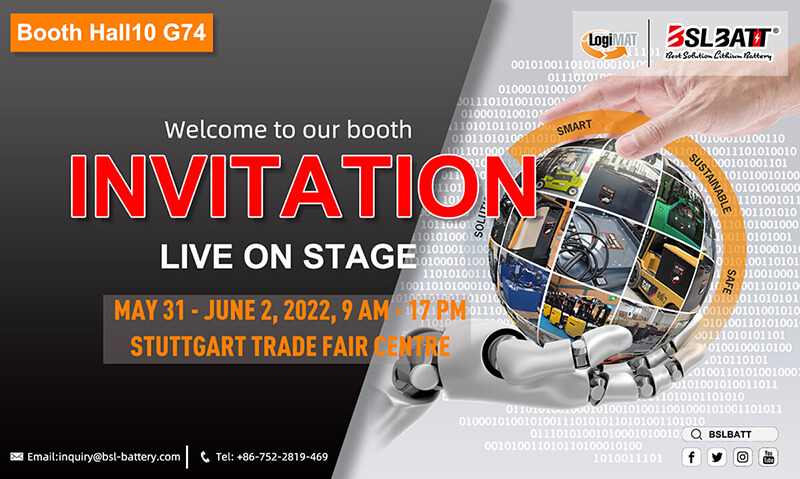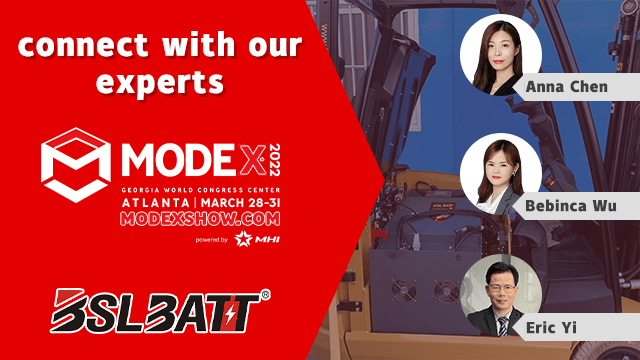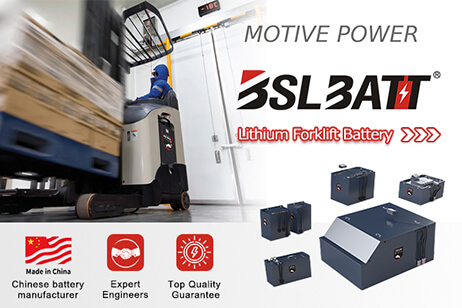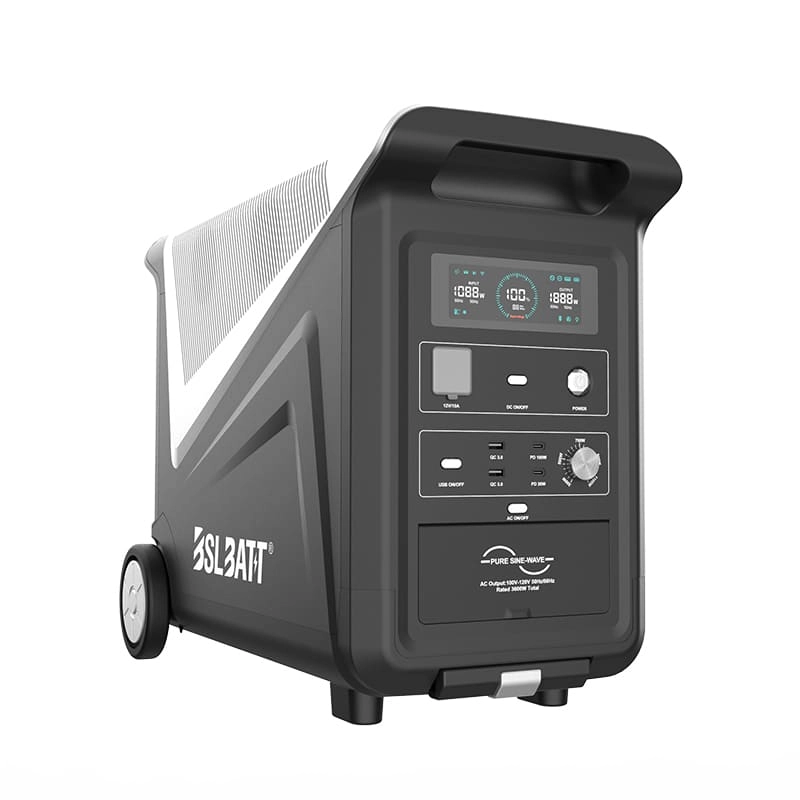Industry Application
Product Type
Building Safer Lithium-Ion Batteries | BSLBATT Factory
| Lithium-ion battery technology has popped in and out of the news in recent years, mostly for safety concerns. But engineers who understand how lithium batteries work know that it’s among the best and safest commercial options for energy storage needs. So despite exploding cellphones, smoldering plane engines, and hover-boards that are too hot to ride, lithium-ion batteries remain the go-to energy storage technology worldwide and account for 95 percent of newly announced energy storage projects in 2020, according to a new report by Navigant Research.
Safety is a full-fledged design feature with lithium batteries, and for good reason. As we’ve all seen, the chemistry and energy density that allows lithium-ion batteries to work so well also makes them flammable, so when the batteries malfunction, they often make a spectacular and dangerous mess.
All lithium chemistries are not created equal. In fact, most BSLBATT Lithium consumers – electronic enthusiasts aside – are only familiar with a limited range of lithium solutions. The most common versions are built from cobalt oxide, manganese oxide, and nickel oxide formulations. BSLBATT prides itself on offering lithium-ion batteries designed around safety and longevity. Although the lithium iron phosphate (LiFePO4) batteries we sell can’t currently be manufactured small enough for use in consumer electronics, the LiFePO4 technology is by far the safest chemistry available. All BSLBATT batteries also come with either a Power Control Module (PCM) or Battery Management System (BMS) that have many extra safety features including; over-current, over-voltage, under-voltage and over-temperature protection and the cells come in an explosion-proof stainless steel casing. Before we dive into the safety features of lithium iron phosphate, let’s refresh ourselves on how lithium battery malfunctions happen in the first place. Lithium-ion batteries explode when the battery’s full charge is released instantly, or when the liquid chemicals mix with foreign contaminants and ignite. This typically happens in three ways: physical damage, overcharging, or electrolyte breakdown.
For example, if the internal separator or charging-circuitry is damaged or malfunctions, then there are no safety barriers to keep the electrolytes from merging and causing an explosive chemical reaction, which then ruptures the battery packaging, combines the chemical slurry with oxygen and instantly ignites all of the components. There are a few other ways lithium batteries can explode or catch on fire, but thermal runaway scenarios like these are the most common. Common is a relative term though because lithium-ion batteries power most rechargeable products on the market, and it’s pretty rare for large-scale recalls or safety scares to happen. Although lithium iron phosphate (LiFePO4) batteries aren’t exactly new, they’re just now picking up traction in Global commercial markets. Here’s a quick breakdown of what makes LiFePO4 batteries safer than other lithium battery solutions. LiFePO4 batteries are best known for their strong safety profile, the result of extremely stable chemistry. Phosphate-based batteries offer superior chemical and mechanical structure that does not overheat to unsafe levels. Thus, providing an increase in safety over lithium-ion batteries made with other cathode materials. This is because the charged and uncharged states of LiFePO4 are physically similar and highly robust, which lets the ions remain stable during the oxygen flux that happens alongside charge cycles or possible malfunctions. Overall, the iron phosphate-oxide bond is stronger than the cobalt-oxide bond, so when the battery is overcharged or subject to physical damage then the phosphate-oxide bond remains structurally stable; whereas in other lithium chemistries the bonds begin breaking down and releasing excessive heat, which eventually leads to thermal runaway. Lithium phosphate cells are incombustible, which is an important feature in the event of mishandling during charging or discharging. They can also withstand harsh conditions, be it freezing cold, scorching heat or rough terrain.
When subjected to hazardous events, such as collision or short-circuiting, they won’t explode or catch fire, significantly reducing any chance of harm. If you’re selecting a lithium battery and anticipate use in hazardous or unstable environments, LiFePO4 is likely your best choice. It’s also worth mentioning, LiFePO4 batteries are non-toxic, non-contaminating, and contain no rare earth metals, making them an environmentally conscious choice. Lead-acid and nickel oxide lithium batteries carry significant environmental risk (especially lead-acid, as internal chemicals degrade structure over the team and eventually cause leakage). Compared to lead-acid and other lithium batteries, lithium iron phosphate batteries offer significant advantages, including improved discharge and charge efficiency, longer life span, and the ability to deep cycle while maintaining performance. LiFePO4 batteries often come with a higher price tag, but a much better cost over the life of the product, minimal maintenance, and infrequent replacement makes them a worthwhile investment and a safer long-term solution. And the entire BSLBATT Battery team is dedicated to providing our customers with the highest quality and safest lithium products currently available. Please get in touch with us to learn about how we can help your team achieve its energy needs in a safe and efficient way. |
A Guide to Choosing the Best 48V Lithium Golf Cart Battery
Would it be worth investing in a 48V ...
10 Exciting Ways To Use Your 12V Lithium Batteries
Back in 2016 when BSLBATT first began designing what would become the first drop-in replacemen...
BSLBATT Battery Company Receives Bulk Orders from North American Customers
BSLBATT®, a China Forklift battery manufacturer specializing in the material handling indust...
Fun Find Friday: BSLBATT Battery is coming to another great LogiMAT 2022
MEET US! VETTER’S EXHIBITION YEAR 2022! LogiMAT in Stuttgart: SMART – SUSTAINABLE – SAF...
Looking for new Distributors and Dealers for BSL Lithium Batteries
BSLBATT battery is a fast-paced, high-growth (200% YoY ) hi-tech company that is leading the a...
BSLBATT to Participate at MODEX 2022 on March 28-31 in Atlanta, GA
BSLBATT is one of the largest developers, manufacturers, and integrators of lithium-ion batter...
What makes the BSLBATT the Superior Lithium Battery for your Motive Power needs?
Electric forklift and Floor Cleaning Machines owners who seek the ultimate performance will fi...








